North Darfur: Families displaced from El Fasher speak of horrific violence
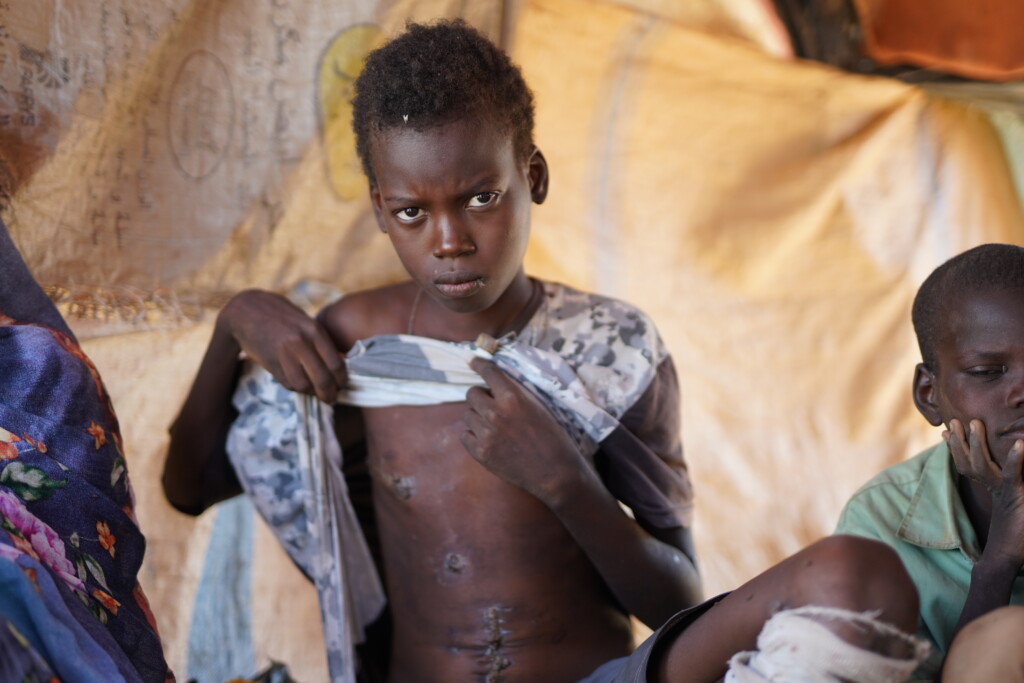
A child who fled with his family from El Fasher to Tawila shows signs of beatings and injuries (Photo: ICRC)
After months of fierce fighting, thousands of families have been forced to flee El Fasher in recent weeks, arriving in Tawila, exhausted and starving, and often without any personal belongings. Those fleeing El Fasher described violent attacks and scenes of panic and terror as they left the city. Jamila Ismail, a mother of seven, recalled moments of despair during her frantic search for her son after an attack on a local market. “I thought he might have been killed,” she said. “I looked for him among the dead in the market. Bodies were scattered everywhere. The scene in the market was chaotic and very painful. Some people were crying and begging for medical treatment, but no one came to their aid, as everyone was only concerned with saving those they knew. I kept searching for my son, hoping to find him, but I couldn’t.”
Similar stories about death
Eventually, Jamila found her son Ibrahim alive, but he was seriously injured. He was taken to one of the few remaining functioning medical facilities in the city. With the help of a neighbour, Jamila and her family were able to leave El Fasher and escape the violence. They are now in Tawila, where they have joined thousands of other survivors who share similar stories of death, horrific abuse, and losing contact with their loved ones.
Tawila a centre for humanitarian response
The town of Tawila has quickly become a humanitarian response hub in North Darfur, with makeshift camps receiving displaced civilians daily from El Fasher. However, the humanitarian situation in the town remains dire, with families struggling to access food, water, shelter, and medical care. The International Committee of the Red Cross (ICRC) teams, which provide support to the new arrivals, report that the flow of displaced people is increasing daily, as civilians flee escalating violence, food shortages, and the collapse of medical services in the areas they have fled.
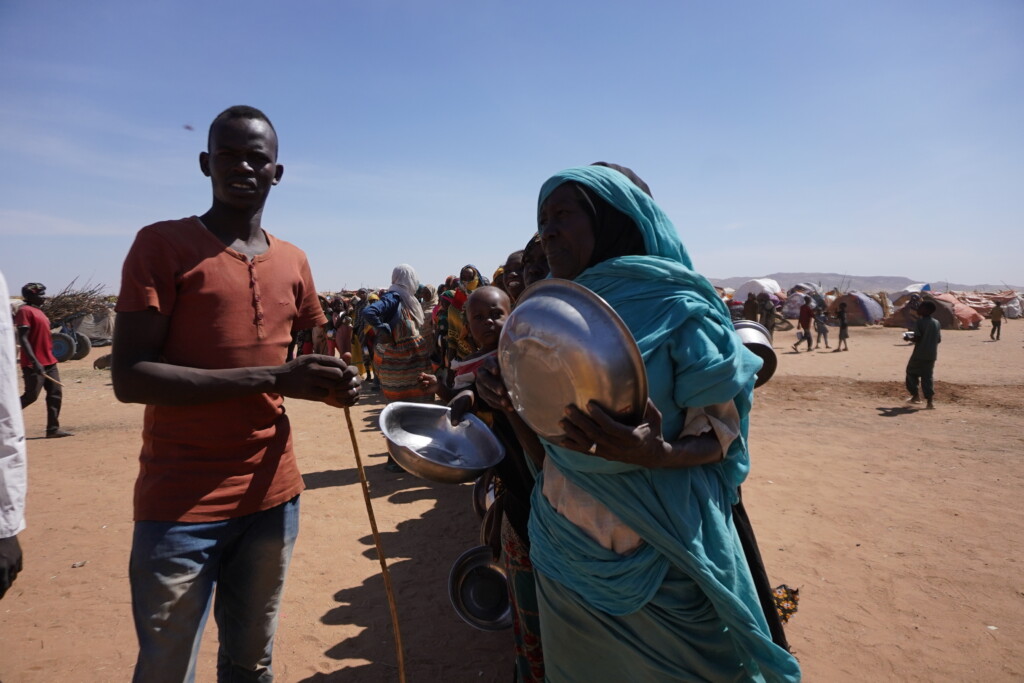
Harsh conditions
In this context, Hussein Ibrahim Rasoul, Deputy Economic Security Coordinator for the ICRC delegation in Sudan, highlighted the scale of the crisis and the ongoing response, stating: “Thousands of families have been forced to flee their homes due to the conflict and have arrived in Tawila, which receives new waves of displaced people daily. Most of the arrivals are women, children, and the elderly, and they are living in extremely harsh conditions. They are unable to meet their basic needs; they are suffering from hunger, thirst, exhaustion, and psychological trauma. Some are injured or ill, and many have lost contact with their family members.”
Financial aid for 10,000 families
The ICRC has intensified its humanitarian response in Tawila to meet the vital needs of the affected communities. In cooperation with the Sudanese Red Crescent Society, ICRC teams have provided financial assistance to 10,000 families – approximately 60,000 displaced people – and are working to expand support to newly arrived families, bringing the total number of beneficiaries to approximately 12,000 additional families – around 72,000 people.
7,000 people missing
According to the ICRC, the support includes providing basic medical supplies and field assistance to the hospital supported by Doctors Without Borders and nearby health points, including dressing materials, incentives for medical staff, and contributions to operating costs. The ICRC has registered some 7,000 people missing as a result of the conflict in Sudan. It has also facilitated, in cooperation with the Sudanese Red Crescent Society, hundreds of phone calls in Tawila to help families stay in touch with their loved ones.
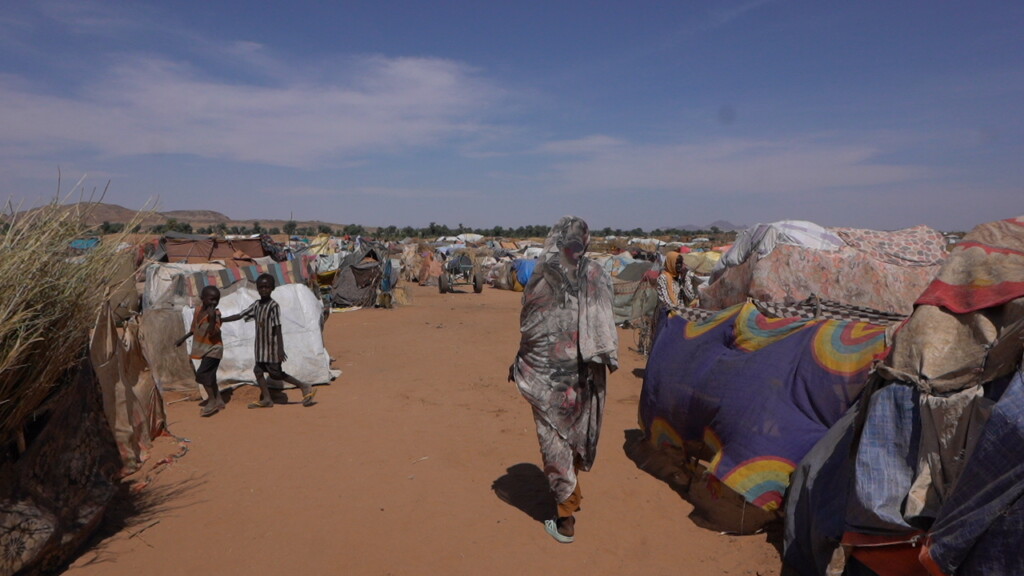
A lost day
In Geneva, Patrick Youssef, the regional director of the ICRC in Africa, said that every day that passes without reaching El Fasher is a “lost day,” stressing that his organization not only needs to provide assistance and leave the capital of North Darfur, but also to assess the situation on the ground “and listen to the people there” directly about the suffering they have endured.
Youssef told a press conference in Geneva on Tuesday that the committee had been sounding the alarm for months to draw attention to El Fasher, and that the situation in and around the city had now become “extremely tragic.”
He noted that ICRC teams are scattered in the surrounding areas – where internally displaced people are moving in different directions – and have a strong presence in Tawila, where in the coming hours they will provide cash assistance to 75,000 people, and provide basic medical supplies and operational assistance to the hospital supported by Doctors Without Borders.
Youssef said that organizations need “a proper humanitarian space to be able to engage with the population, not just provide aid and leave.” He added: “We are not a charity, nor are we the United Nations. What we need is to sit with the people to understand the extent of their suffering, just as we are doing now in Tawila.”
Don’t be deceived
The regional director praised the courageous work of the Sudanese Red Crescent Society, which has lost 27 of its volunteers since the start of the conflict. While the focus is on El Fasher, Youssef said what is needed is “a comprehensive approach that covers the whole of Sudan.”
He said: “Don’t be fooled. Today it’s El Fasher. Yesterday it was Al Jazeera. Before that it was Omdurman and Khartoum. Therefore, we need to take an approach that includes the whole of Sudan and provide appropriate assistance and protection at all levels.”
The crisis is not forgotten, but rather completely ignored.
He added that the ICRC is engaging with the warring parties, as well as with the Quartet – comprising the United States, the United Arab Emirates, Saudi Arabia, and Egypt. He welcomed broader engagement, including through the African Union, “to break the cycle of war,” and expressed hope for a ceasefire that would allow for increased humanitarian access. Youssef said that the crisis in Sudan “has not been forgotten, but has been completely neglected,” and expressed his hope that the word peace would be linked to “respect for civilians, because respecting civilians means turning them from victims into agents of positive change.”
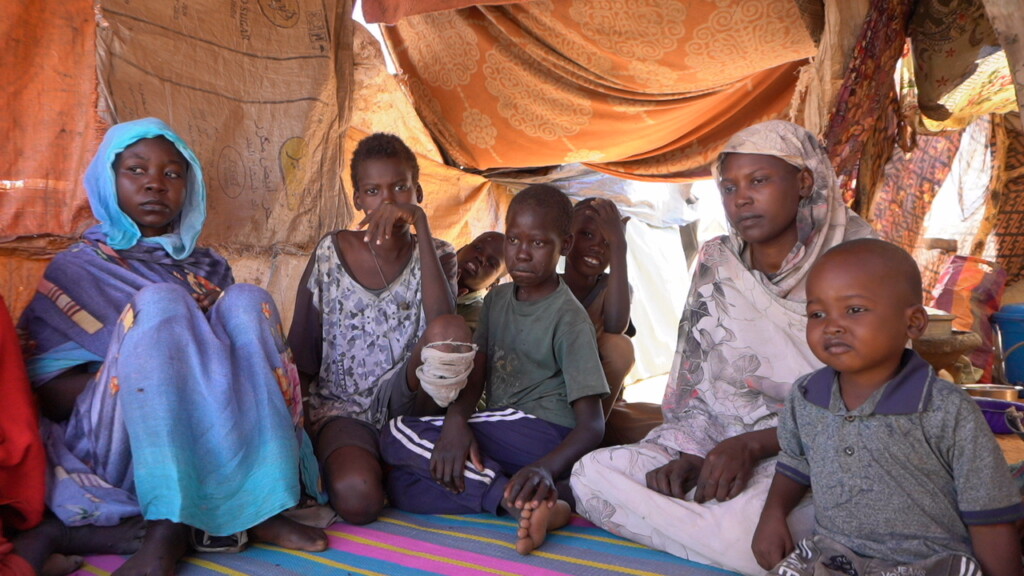







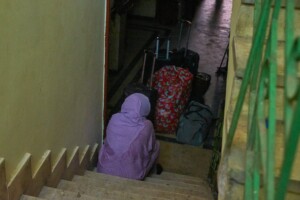
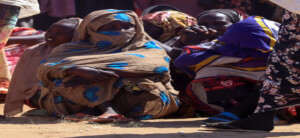
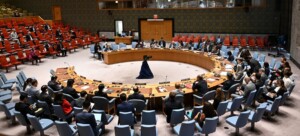

 and then
and then